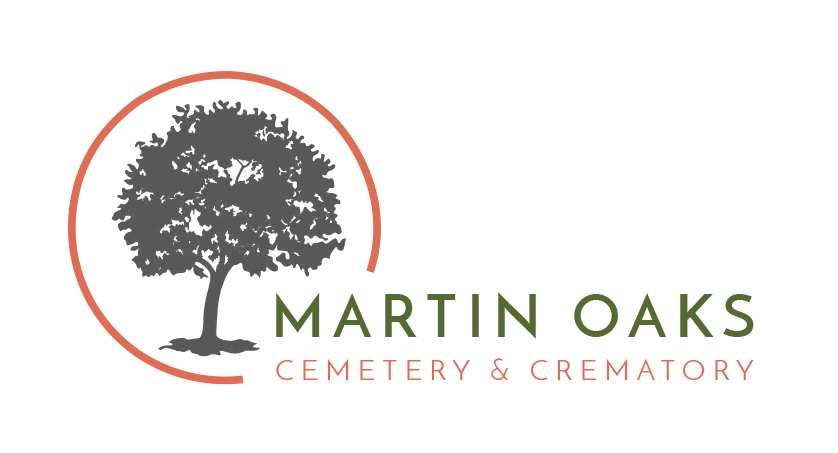CREMATION SERVICES
What is Cremation?
Cremation is fundamentally a heating process that reduces human remains to a bone-like state through combustion (fire) and dehydration. While cremations used to be performed in the open air on pyres, today’s cremations are safely performed in a building called a crematory or crematorium. The body is placed into the crematory chamber (cremator) in a casket or alternative container. During the cremation process, the temperature inside the chamber can reach as high as 1800°F. The remaining bone-like fragments are then pulverized into the final cremated remains in the consistency of sand or powder. The cremated remains are placed in a container called an urn and given to the relatives of the deceased.
The cremator is designed to safely provide an efficient and controlled environment for the cremation of human remains. The cremation process is automatically controlled and modulated by a complex computerized control system for maximum safety environmental responsibility.
Does Cremation Take the Place of a Funeral?
NOT AT ALL! It's often seen as easier to forgo a funeral service or event of some sort to honor a life lived, and that is certainly a less expensive option. But an easy, cheaper path is not always the better one. Grief experts all agree—a ceremony is an important part of the healing process.
Immediate (or “direct”) cremation is the disposition of the remains, usually occurring immediately after a person dies. This means that there are no memorial services or body visitation held in respect of the deceased, which also removes the need to purchase an expensive casket. If a family chooses immediate cremation, a memorial service or event can be organized at a later point in time.
Martin Oaks Cemetery & Crematory offers affordable cremation services carried out by certified and well-trained personnel. Our licensed funeral director partners can help create a meaningful and personal cremation experience that respects and honors your loved one and begins your journey of healing.
Cremation has become the preferred method for the disposition of a dead body (According to the Cremation Association of North America, over 52% of those who died in Texas were cremated in 2022 and the rate continues to rise). Cremations are performed in state-of-the-art self-contained units designed to operate safely, efficiently, and environmentally friendly.
Why do People Choose Cremation?
Putting the focus on the person, not the body.
-
Cremation can be a much simpler task at the time of passing. Some people are uncomfortable with the full service funeral and body burial. Others are equally uncomfortable with the idea of cremation without any accompanying services. Part of the feeling comes from the tradition in which people have been raised. Many families are now establishing their own traditions. If discussing the topic of death and the alternative methods available is difficult for someone, a funeral professional can meet with them and discuss options. Sometimes discussions are less “emotionally bound” and made easier if an impartial party is present.
-
Consideration must be given to today’s mobile society. Family members may no longer wish to be buried in a local cemetery that is visited frequently by relatives. Many older cemeteries have fallen into disuse and disrepair because families are not nearby. Even the choice of a “perpetual or endowed care” cemetery is questionable when there are no relatives likely to visit.
-
Cremation is sometimes more economical than a body burial, however, that is not always the case. Depending on the selection of products and services various burial, cremation and memorialization costs can vary widely.
-
Religious and Spiritual issues can be a concern for some people. Cremation is accepted among almost all religions. Hindus prefer cremation whereas it is forbidden in the Muslim faith. Reform Judaism accepts cremation, but Orthodox and Conservative Judaism are opposed. Different cultures and religions also have differing practices and restrictions regarding ceremonies and the disposition of cremated remains. Martin Oaks Cemetery & Crematory is careful to honor these practices.
-
Cremation saves land for the living and offers an immediate return to nature. Some choose cremation because they believe that body burial uses precious natural resources in order to preserve the remains in the ground.
Modern cremation is also such an insignificant source of pollution, the US EPA does not consider it for regulation, leaving it to the individual states to monitor and manage.
-
Cremation affords far more memorial options than traditional burial. From scattering at sea, to launching remains into space, the options are virtually endless.
WHAT ARE SOME OF THE THINGS YOU CAN DO WITH THE CREMATED REMAINS OF YOUR LOVED ONE?
1. Burial in a cemetery
2. Placement in a columbarium niche
3. Scatter at a cherished location
4. Scatter in a cemetery cremation garden
5. Burial at sea or in a body of water
6. Prominent placement in the home
7. Incorporate into jewelry or artwork
8. Turn into stones (solidified remains)
9. Turn into diamonds
10. Send into space
11. Placement in a coral reef
12. Mix with ink and incorporate into a memorial tattoo
13. Incorporate into a vinyl record
14. Share portions with loved ones in a keepsake memorial vessel
Discover your options.
For more information about the services available at Martin Oaks, please reach out. We will be happy to contact you at your convenience to discuss your options.
(and we promise to keep your information private and confidential!)


